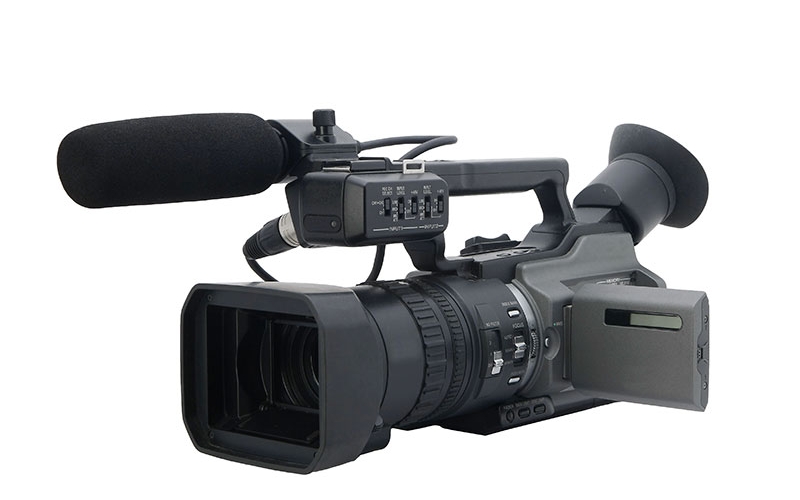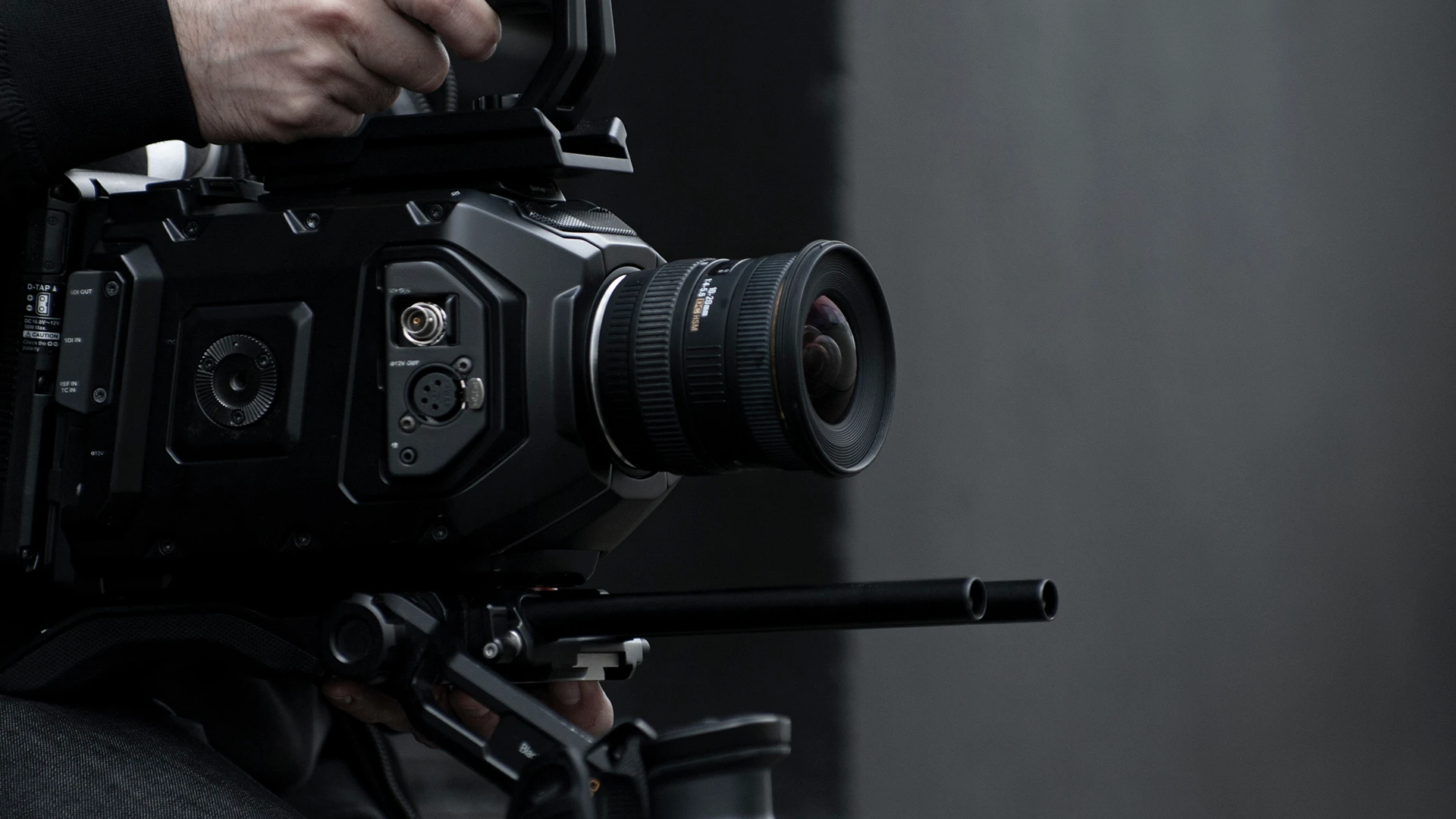Checking Out the Purpose and Impact of Legal Videography in the Lawful Area
Lawful videography has actually ended up being an essential tool in the legal field, revolutionizing the way proof exists and maintained. From catching witness testimonies to recording criminal offense scenes, the impact of legal videography is undeniable. Nevertheless, beyond its surface-level applications lies a much deeper expedition of the purpose and implications of including video innovation into lawful procedures. As we navigate via the elaborate internet of regulations and honest considerations bordering legal videography, a clearer picture arises of its possible to form the future of the legal landscape.
History of Lawful Videography
The development of legal videography can be traced back to the very early days of court room technology combination. As courts started to acknowledge the value of aesthetic evidence presentation, the usage of videography in legal process acquired grip.
With the innovation of modern technology, the transition from analog to electronic video recording further reinvented the area of lawful videography. Digital cameras used better recordings, less complicated editing and enhancing abilities, and boosted storage space choices. This change not only enhanced the quality and precision of visual evidence yet additionally structured the discussion of complicated details in courtrooms.
Today, lawful videography plays an essential function in the lawful field, offering attorneys an effective device for providing proof, capturing testaments, and creating engaging aesthetic narratives to sustain their situations. The evolution of legal videography remains to form the means legal specialists come close to lawsuits and advocacy.
Advantages of Legal Videography

Moreover, lawful videography enables for the conservation of witness testimony in a genuine and powerful fashion. By catching the attitude and demeanor of witnesses during their testaments, attorneys can much better analyze the credibility of their statements and possibly uncover disparities or frauds. This can be especially useful during cross-examination and in presenting evidence to support or refute crucial arguments in a case.
Additionally, lawful videography supplies the advantage of creating an irreversible record that can be revisited and examined at any time. Attorneys can evaluate video footage to identify crucial information, prepare for upcoming court proceedings, or enhance their approaches for test. This ability to review and dissect aesthetic evidence can give lawyers with a critical advantage in constructing a durable case.
Methods for Efficient Legal Videography
Integrating efficient techniques in lawful videography is important for maximizing the effect of visual evidence and reinforcing the reputation of witness statements in legal procedures. One vital strategy is guaranteeing appropriate lighting to capture clear photos and faces. All-natural light or tactically put synthetic lighting can substantially improve the high quality of the video clip. Additionally, using high-quality sound equipment is crucial to tape sound accurately, making certain that all verbal communication is caught noticeably. Framing plays a vital role in legal videography; it is important to mount shots properly to focus on the relevant elements while decreasing disturbances. Smooth cam movements and stable shots are needed to avoid aesthetic disruptions that can interfere with the material. Using multiple video camera angles can offer thorough insurance coverage of the scene, catching various perspectives all at once. Post-production modifying should be carried out carefully to present a refined last item that effectively communicates the desired message in an expert manner - LEGAL VIDEOGRAPHY.
Lawful Videography in Court Settings

In court room settings, lawful videographers need to abide by rigorous guidelines to preserve the integrity of the legal process. They should be discreet to prevent interfering with process while likewise being watchful in catching crucial details. The video videotaped by legal videographers acts as a useful resource for lawyers, courts, and judges, offering a visual record that can be referenced during situation preparation, appeals, or reviews.

Ethical Factors To Consider in Lawful Videography
Ethics work as a fundamental structure directing the method of lawful videography, guaranteeing stability and impartiality in recording and protecting lawful procedures. Legal videographers need to follow strict ethical criteria to maintain the reliability and dependability of their job. One important honest factor to consider is getting informed approval from all celebrations entailed prior to videotaping any lawful proceedings. This ensures that individuals recognize being recorded and have the possibility to share any kind of arguments or concerns.
Privacy is one more critical moral factor to consider in lawful videography - LEGAL VIDEOGRAPHY. Videographers need to handle all taped video footage with the utmost like shield sensitive information and maintain the privacy rights of those associated with the legal process. Additionally, maintaining neutrality and nonpartisanship throughout the recording procedure is vital to avoid predisposition and visit this page make certain a precise representation of the occasions
Conclusion
In conclusion, lawful videography has actually become an important device in the legal field, offering an aesthetic document of occasions and enhancing the presentation of evidence in courts. By recording testimonies, demos, and scenes, legal videographers play a critical role in ensuring a clear and fair legal procedure. With moral considerations and correct strategies, lawful videography remains to have a significant effect on the lawful profession, shaping the way information is captured and offered in lawful process.
Lawful videography has actually become an important tool in the legal area, revolutionizing the method proof is offered and protected.Integrating efficient strategies in lawful videography is vital for maximizing the impact of visual evidence and strengthening the reliability of witness testimonies in lawful process.Principles serve Find Out More as a foundational structure assisting the method of lawful videography, making sure honesty and impartiality in capturing and protecting lawful procedures.In conclusion, legal videography has ended up being an important device in the legal field, supplying an aesthetic record of occasions and improving the presentation of evidence in courtrooms. With correct techniques and ethical factors to consider, legal videography proceeds to have a considerable effect on the legal profession, shaping the way information is captured and provided in lawful process.